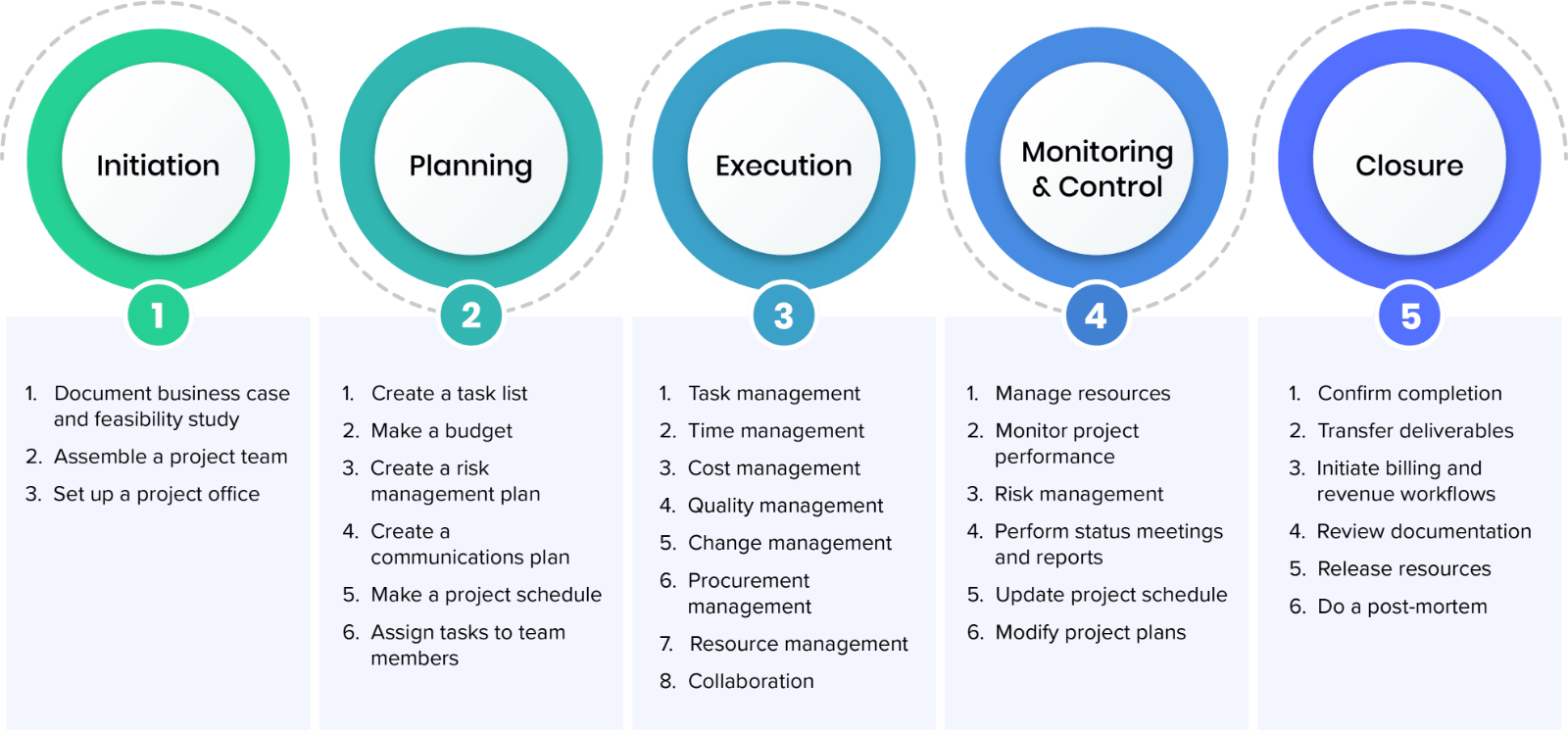
Yale School of Management in New Haven is a graduate school of management. There are 97 professors on staff and the school offers a wide range of business programs. It also provides career development services and scholarship programs for international students. Many scholarships are available to students interested in finance and business careers.
97 professors full-time
Frederick W. Beinecke bequeathed Yale University's School of Management in 1971. This school offers a master's degree both in public and private business administration. The school currently employs 97 full time professors and is ranked as one of the top ten national business schools.
The school's buildings and facilities include the Edward P. Evans Hall, a 240,000-square-foot facility with a 350-seat Zhang Auditorium and Ross Library. Other features include a dining commons and a coffee shop. Yale has 97 professors full-time and another 97 adjuncts. Students at Yale have a median GMAT score of 730 and a 3.71 GPA.
Career development center
The Career Development Office (CDO) at Yale SOM provides career management services to more than 800 full-time MBA students and 5000+ alumni. CDO supports students by connecting them with the right people and resources. Career services can be offered via one-on-1 coaching, virtual/online programs, and large scale conferences.

The Career Development Office provides support to students in their job search. Students have the option to make appointments with career advisors in person, over the phone or via video conference. Many students find that these remote appointments are more productive. Students can also make use of the Career Management System(CDM) online platform to search for work, apply for senior jobs, register at events, and manage resumes.
International students can apply for scholarships
Yale School of Management can be accepted in many ways. First, it is important that you apply early. Although you are able to apply at any point throughout the year. You must start your application as soon and as often as possible. Yale accepts students all over the globe. There are many scholarships available for those who do not work full-time. It is open for students from all parts of the world.
Check the deadlines for financial aid and scholarships once you have submitted your application. Undergraduate students have two deadlines, which is November 1st and January 2nd. International students must apply by the deadlines. Apply early and make sure you complete the necessary forms to ensure your eligibility for a scholarship.
GMAT/GRE requirements
The GMAT/GRE requirements for Yale's School of Management are extremely competitive, and the school does not have a preferred score. It recognizes that test scores play an important role in the application process. List your highest GMAT/GRE scores when you submit your application. Verified scores should be sent to Yale after you are accepted.
You must have a four-year bachelor's degree, or international equivalent, to apply to the Yale School of Management. To submit your application, complete the online application form, and attach your GMAT/GRE scores. You must also provide proof of financial need and English proficiency. Additionally, you will need to submit two professional recommendations. You must also pay the application fee.

Application fee
To begin your studies at Yale School of Management, you will need to pay a $7,500 application fee. Both domestic and international students can apply for the program. The online application process is used. The school requires that all applicants submit an application and pay a nonrefundable commitment deposit. Once you are accepted, you will be notified via e-mail. To reserve your spot, you will need additional documents and a non-refundable deposit. Additionally, you will need to provide details about your employment and housing. Additionally, you might be able to find employment or housing on campus.
Two letters of reference from experienced seniors will be required in order to apply to Yale School of Management. These letters should detail your strengths and weaknesses and provide examples of situations. Interviews with representatives of the school will be conducted. Practice answering questions and providing information about you as part of any interview.
FAQ
What is the difference between management and leadership?
Leadership is all about influencing others. Management is all about controlling others.
Leaders inspire followers, while managers direct workers.
A leader motivates people to achieve success; a manager keeps workers on task.
A leader develops people; a manager manages people.
What does "project management" mean?
We mean managing the activities involved in carrying out a project.
These include planning the scope and identifying the needs, creating the budget, organizing the team, scheduling the work and monitoring progress. Finally, we close down the project.
Why is it so important for companies that they use project management techniques
Project management techniques ensure that projects run smoothly while meeting deadlines.
This is because many businesses depend heavily upon project work to produce products and services.
These projects must be managed efficiently and effectively by companies.
Companies may lose their reputation, time and money if they do not have effective project management.
What are the most common errors made by managers?
Managers sometimes make their own job harder than necessary.
They may not delegate enough responsibilities and not provide sufficient support.
Additionally, many managers lack communication skills that are necessary to motivate and direct their teams.
Managers sometimes set unrealistic expectations of their teams.
Some managers may try to solve every problem themselves instead of delegating responsibility to others.
What are the five management processes?
These five stages are: planning, execution monitoring, review and evaluation.
Planning involves setting goals for the future. Planning includes setting goals for the future.
Execution is the actual execution of the plans. They must be followed by all parties.
Monitoring is checking on progress towards achieving your objectives. Regular reviews of performance against budgets and targets should be part of this process.
Review events take place at each year's end. They are a chance to see if everything went smoothly during the year. If not then, you can make changes to improve your performance next year.
Following the annual review, evaluation is done. It helps identify what worked well and what didn't. It also gives feedback on how well people did.
Statistics
- UpCounsel accepts only the top 5 percent of lawyers on its site. (upcounsel.com)
- This field is expected to grow about 7% by 2028, a bit faster than the national average for job growth. (wgu.edu)
- Your choice in Step 5 may very likely be the same or similar to the alternative you placed at the top of your list at the end of Step 4. (umassd.edu)
- 100% of the courses are offered online, and no campus visits are required — a big time-saver for you. (online.uc.edu)
- Our program is 100% engineered for your success. (online.uc.edu)
External Links
How To
How can you implement a Quality Management Plan?
QMP (Quality Management Plan) is a system to improve products and services by implementing continuous improvement. It helps to improve customer satisfaction and product/service quality by continuously measuring, analyzing, controlling and improving.
The QMP is a standard method used to ensure good business performance. QMP improves production, service delivery, as well as customer relations. A QMP should include all three aspects - Processes, Products, and Services. When the QMP includes only one aspect, it is called a "Process" QMP. QMP stands for Product/Service. QMP stands for Customer Relationships.
Scope is the most important element in implementing a QMP. Strategy is the second. These elements can be defined as follows.
Scope is what the QMP covers and how long it will last. For example, if you want to implement a QMP that lasts six months, then this scope will outline the activities done during the first six.
Strategy: This describes the steps taken to achieve the goals set out in the scope.
A typical QMP is composed of five phases: Planning Design, Development, Implementation and Maintenance. Each phase is described below:
Planning: In this stage, the objectives of the QMP are identified and prioritized. Every stakeholder involved in the project is consulted to determine their expectations and needs. After identifying the objectives, priorities and stakeholder involvement, it's time to develop the strategy for achieving the goals.
Design: This stage involves the creation of the vision, mission, strategies and tactics necessary to implement the QMP successfully. These strategies are implemented by the development of detailed plans and procedures.
Development: Here the development team works toward building the necessary resources and capabilities to support the successful implementation.
Implementation is the actual implementation of QMP according to the plans.
Maintenance: It is an ongoing process that maintains the QMP over time.
The QMP must also include several other items:
Participation by Stakeholders is essential for the QMP's continued success. They are required to actively participate in the planning, design and development of the QMP, as well as the implementation and maintenance phases.
Project Initiation - A clear understanding of the problem statement, and the solution is necessary for any project to be initiated. In other words, they must understand the motivation for initiating the project and the expectations of the outcome.
Time Frame: It is important to consider the QMP's time frame. A simple version is fine if you only plan to use the QMP for a brief period. You may need to upgrade if you plan on implementing the QMP for a long time.
Cost Estimation: Another important component of the QMP is cost estimation. You can't plan without knowing how much money it will cost. Before you start the QMP, it is important to estimate your costs.
QMPs are more than just documents. They can also be updated as needed. It changes with the company. It should be reviewed on a regular basis to ensure that it is still meeting the company's needs.